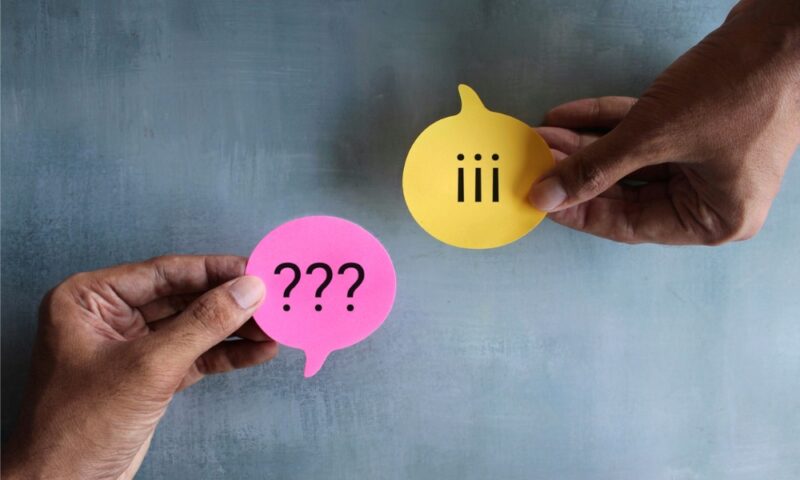
How to Handle “Ghosting” in Mentorship Programs
“Ghosting,” or abruptly ending communication with someone without explanation, often happens in romantic relationships—but it can happen in professional ones too. Some associations have noticed it in mentorship programs. Here’s how one group is confronting the issue by giving participants the tools and encouragement to speak up when the problem arises.
Association mentorship programs provide opportunities for professional development growth, networking, and guidance. However, these relationships between mentors and mentees aren’t always easy to manage.
For instance, suddenly going silent on a partnership, also referred to as “ghosting,” is not an uncommon issue for mentorship programs. That’s according to association pros who commented on a recent conversation in ASAE’s Collaborate community [member log-in required].
“Participating in a mentorship program isn’t as simple as signing up for a volunteer opportunity and realizing you need to bow out because you’re too busy,” said Noelle Pickler, community engagement operations manager at ISACA. “You’re committing your time and energy to another professional.”
ISACA launched its self-match, self-guided mentorship program in August 2022. Upon joining, participants complete a comprehensive profile, and an algorithm suggests potential mentors to mentees. Once a match is made, mentors and mentees receive a connection plan and the technology and tools to facilitate their partnership.
“The program works great most of the time, but we’ve noticed that ‘ghosting’ can occur on both the mentor and mentee side. Sometimes mentors don’t respond to mentees’ initial request, and, after a match, sometimes mentees aren’t responsive with their mentors,” Pickler said.
Establishing best practices and training and encouraging members to speak up when something’s wrong can help participants create meaningful connections and make the program more effective.
Provide Training and Best Practices
Even before members sign up for the program, ISACA provides information about how to participate. Interested members can view an introductory video on either being a mentor or mentee before completing their profile.
“Those videos are a checkpoint to determine how participants move through the program. On the profile, we added a question about whether they watched the video. Those who click ‘no’ get a link to the videos,” Pickler said. “We try to convey the importance of watching the intro videos before they start initiating or receiving matches, so they can learn how the program works and our expectations for participation.”
ISACA also recommends its matched participants set up an initial meeting and create a partnership agreement to discuss communication preferences and who will be responsible for planning the meetings and agendas.
“If these issues aren’t addressed early, they can become frustration points later,” Pickler said. “So, we encourage mentors and mentees to reach a common understanding for how they’ll work together. We don’t enforce that they do this; this is a program where you get what you want out of it, but it’s helpful for partners to do this.”
Encourage Tough Conversations
In addition to training videos that will cover how to get started and how to set goals, ISACA is working on videos about how to hold “courageous conversations.”
“These are difficult conversations, like what to do if your partner has gone quiet or isn’t meeting your expectations,” Pickler said. “We want to empower participants to initiate these conversations, rather than turn to staff or to give up on the partnership.”
When mentorship participants come to Pickler with this problem, she offers them advice for how to approach the situation and, when appropriate, move forward with their partner. For example, she asks whether they’ve reached out to their partner about their concerns. If they’ve only sent one message, Pickler recommends sending a reminder email.
“These situations will arise outside of mentorship, so practicing how to handle them in this setting can be a professional development opportunity,” Pickler said. “For a program like ours that’s easy to sign up for and start finding matches, you want to make sure that participants are serious about the commitment. Like entering any relationship, you want to approach it with forethought and intentionality.”
[mohd izzuan/ISTOCK]






Comments